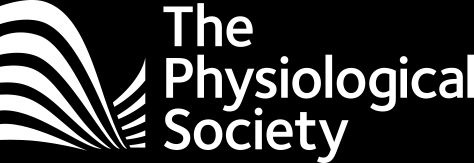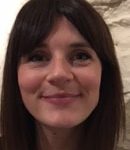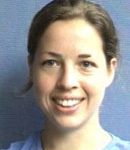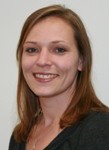This ERDP funded Development Grant was to evaluate the use of a Context Café to promote reflection on learning.
The Project team have submitted their research for presentation at the UKAT group conference on ‘Transition, Persistence and Resilience: Academic Advising for Success‘ in April 2019.
Read on for the full abstract:
Background: Within the School of Biomedical Sciences BSc students study a common phase 1 (semesters 1-3) and then a degree-specific phase 2 (semesters 4-6). The move between these phases occurs mid-second year, a time in the degree when motivation may be low (1), yet students are making important decisions and integration of information is vital. A ‘Context Café’ (2) was introduced 3 years ago into the curriculum of Biochemistry and Biomedical Genetics students to promote reflection on phase 1 learning, relate this to phase 2 material, stimulate active consideration of optional modules as well as vacation/professional placements and relating all of this to careers.
The Context Café is run in a cabaret-style set up derived from the World Café idea generation technique (3). Students rotate around tables each of which have a question relating learning to contexts including future course content and careers. Staff facilitators remain at a table and guide the student groups in a divergent thinking process building on information generated by previous group(s) which is then converged to address the question posed in a short presentation.
Aim and Objectives: In this project, the aim was to evaluate the effectiveness and impact of the Context Café both immediately and a year post café.
Data collection and outcomes: Data were gathered from student groups shortly (+4 months) or over a year (+16 months) after attending the sessions. One-on-one conversations were held with a student from each cohort and a survey comprising a mixture of Likert-type items, plus requests for single word or short comment responses to questions on different aspects of the Concept Café was answered by 19 students. Output of quantitative questions, and thematic analysis of qualitative data led to the following conclusions:
- The sessions were valued for being informative, interactive and were perceived as interesting.
- Topics that students reflected on as being particularly of value were discussion of 3rd year optional modules, careers and employability
- Overall benefits perceived were that the Context Café acted as an excellent forum for introducing and discussing course material including options (orientation), allowed good communication between students and with staff (ice-breaker effect), and allowed students to reflect on and value skills already gained and see their future uses (‘aha!’ moments).
Conclusions from the analysis thus far are that Context Café sessions can impact on student reflection and integration of material from different stages of a degree. For relatively little effort involved in organising a single session the apparent gains may be significant– from cohort identity and familiarity with staff, to self-acknowledgement of skills and knowledge and how to apply it, familiarisation with upcoming material and prompting active consideration of choices both within the degree and beyond. The study has provided suggestions on how future Context Café might be improved, and an abstract on the work has been submitted to the 2019 UK Advising and Tutoring conference ‘Transition, Persistence and Resilience: Academic Advising for Success’
References:
- S Thompson, C Milsom, E Zaitseva, M Stewart, S Darwent, M Yorke (2013). The Forgotten Year? Tackling the Second Year Slump. HEA, http://www.heacademy.ac.uk/resources/detail/ntfs/ntfs-projects
- L Wakeling, N Jakubovics, S McHanwell and J Stewart (2016) ‘Challenging the basic sciences ‘learn and forget’ culture’ Medical Education 50 (5), 578-579.
- J Brown, D Isaacs (2001) The world cafe: living knowledge through conversations that matter. Systems Thinker 12 (5):1–5.
Project Team: Dr Jeremy Brown (Biomedical Sciences), Dr Luisa Wakeling (Dental Sciences), Dr Jane Stewart (Medical Education) and Ms Tatyana Kovalyonok (Education, Communication and Language Sciences)







